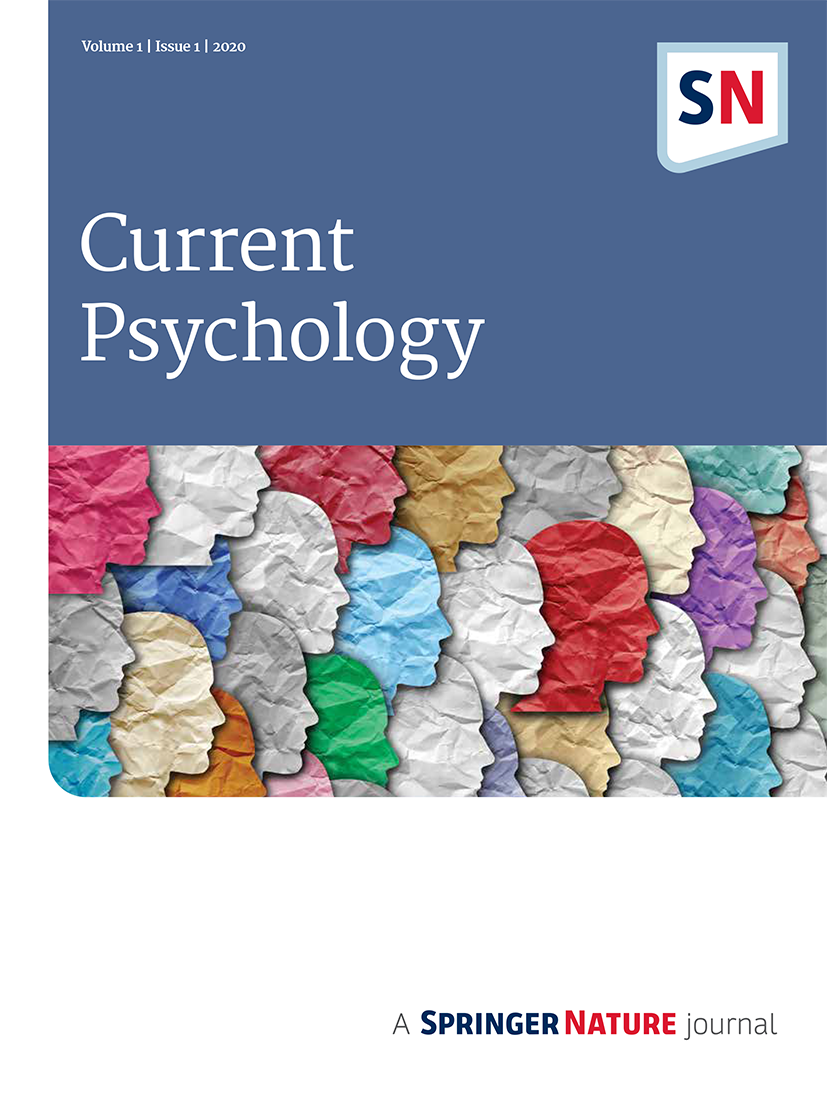
Perceived parental psychological control and the risk of internet gaming disorder in adolescents: a cross-sectional study - Current Psychology
It is stated that parental psychological control (PC), which appears to hinder psychological development in children and adolescents, is associated with internet gaming disorder (IGD). However, parenting styles and practices vary across cultures. For this reason, to determine the risk of IGD in adolescents who are in the process of psychological development and to prevent it at an early stage, there is a need to better understand the effect of PC on the development of IGD. In this context, this study aims to examine the impact of perceived parental psychological control on the risk of Internet gaming disorder in Turkish adolescents. A cross-sectional design was used. The sample group consisted of 4498 students from eight public high schools in Turkey. Participant Information Form, the Psychological Control Scale, and the Internet Gaming Disorder Scale Short Form were used for collecting data. Univariate logistic regression analysis demonstrated that the risk of IGD increased as maternal disrespect-maternal psychological control and father disrespect scores increased. Paternal psychological control score had no significant effect on IGD risk. In the multivariate model, age, father’s education level, spending money on games, time spent playing daily games on weekdays and weekends, and father’s psychological score were found to be associated with IGD risk. The effects of maternal disrespect and maternal psychological control scores on the IGD risk varied according to the number of siblings and the education level of the mother. As a result, parental PC was determined to affect the risk of IGD in Turkish adolescents significantly.
- Turan, N., Alkan, A., & Çekiç, Y. (2024). Perceived parental psychological control and the risk of internet gaming disorder in adolescents: A cross-sectional study. Current Psychology. https://doi.org/10.1007/s12144-024-05951-4
要旨
児童や青少年の心理的発達を妨げると思われる親の心理的支配(PC)が、インターネットゲーム障害(IGD)と関連していると述べられている。しかし、子育てのスタイルや習慣は文化によって異なる。そのため、心理的発達過程にある青年期のIGDのリスクを見極め、早期に予防するためには、PCがIGDの発症に及ぼす影響をより深く理解する必要がある。このような背景から、本研究の目的は、トルコの青年における親の心理的コントロールの認知がインターネットゲーム障害のリスクに与える影響を検討することである。横断的デザインを用いた。サンプル群は、トルコの公立高校8校の生徒4498名である。データ収集には、参加者情報票、心理的コントロール尺度、インターネットゲーム障害尺度短編を用いた。単変量ロジスティック回帰分析により、IGDのリスクは、母親の無関心-母親の心理的コントロール、父親の無関心のスコアが高くなるにつれて増加することが示された。父親の心理的コントロールスコアはIGDリスクに有意な影響を及ぼさなかった。多変量モデルでは、年齢、父親の教育レベル、ゲームにかけるお金、平日と週末に毎日ゲームをする時間、父親の心理スコアがIGDリスクと関連していた。IGDリスクに対する母親の無関心スコアと母親の心理的コントロールスコアの影響は、兄弟姉妹の数と母親の教育レベルによって異なっていた。その結果、親のPCはトルコの青年におけるIGDリスクに有意に影響すると判断された。
